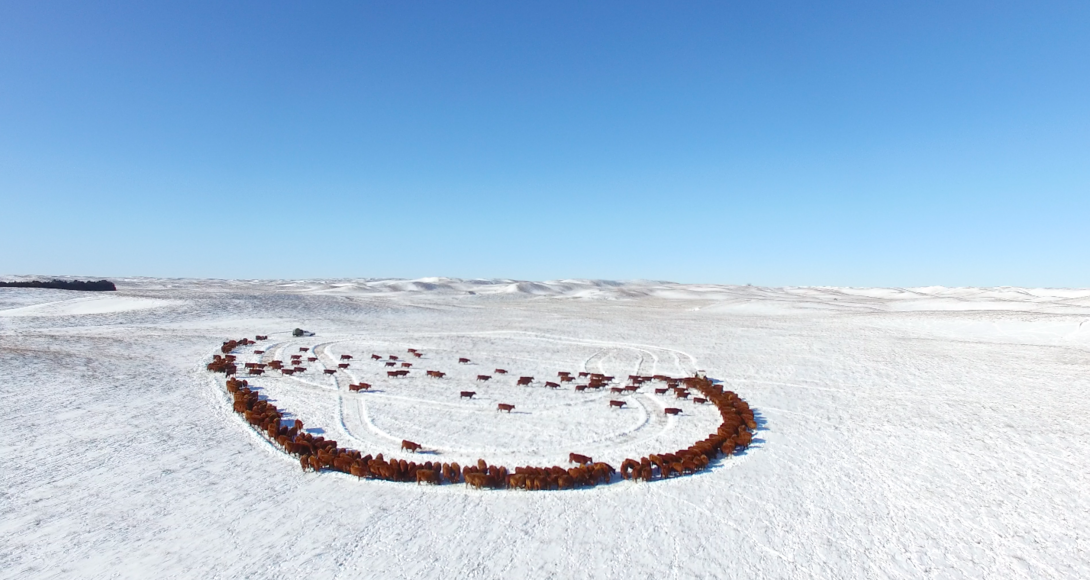
Lincoln, Neb. —From rural southwest Minnesota, Melissa Runck is in the final stretch of wrapping up her beef cattle production specialization within Nebraska's master of applied science program, and says her only regret is that she didn't start it sooner.
As a farmer, parent, and full-time agricultural production systems extension educator at the University of Minnesota, Runck was in search of a true master’s of science program and found Nebraska’s online option “almost too good to be true.”
Runck needed an online program due to her remote location near Avoca, Minnesota –nearly four hours away from the closest college campus. Also on her wish list was a program with options not solely focused on animal nutrition.
Nebraska's flexible and personalized beef cattle production specialization became the obvious choice because of the way it works synergistically with the masters of applied science program. It offered the opportunity to become more familiar not just with nutrition, but also meat science, genetics and growth topics, all of which were delivered online. Even though she was hundreds of miles away from the University of Nebraska-Lincoln, Runck always felt connected to her instructors and to the program as a whole.
“I was excited to get started, and the team at Nebraska made me feel like I wasn’t just some random student applying,” said Runck. “From day one, it felt like it was really meant to be.”
Runck began taking online classes right at the onset of COVID-19 and faced challenges adjusting to working remotely while juggling brand new online classes at Nebraska.
As many extension professionals did during COVID, Runck and her team of Minnesota beef educators transitioned all of their webinars and programming online. Runck worked to revive the beef team’s collaborative work while in remote locations. By changing their educational delivery methods, Runck helped identify an audience of underserved producers who also worked off-farm and required more specialized content.
Realizing this, Runck took the opportunity to use what she was learning in Nebraska to create presentations on a variety of beef production topics, including production systems, profitability, stewardship, cattle growth, carcass traits and health.
“It all came full circle because everything I was learning in my courses, I could so seamlessly transfer it to my work with the beef team,” Runck said.
At a time when there is a growing demand for beef, job development related to beef production is also increasing. Beef production accounts for approximately 41% of the total economic impact in the U.S. from all livestock, making beef production an industry vital to Nebraska and the United States.
Naturally, Nebraska’s cattle production specialization has become the College of Agricultural Sciences and Natural Resources' most popular graduate program, with over 20 active students, including both residents and out-of-staters.
Since the program’s inception in 2017, Runck’s advisor Andrea Watson says the number of students in the program has increased incrementally each year.
“Nebraska is meeting students where they are at,” says Watson, an associate professor of ruminant nutrition in Nebraska’s animal science department. “Most of our students are non-traditional and incredibly busy balancing working-full time and family life.”
As a beef producer herself, Runck says her Nebraska education has been invaluable in her dual roles on her family’s own operation and as an extension educator. She hopes others will take advantage of the ease of the program, too.
“I really appreciate how accommodating Nebraska is for people,” Runck said. "UNL is so willing to work with you and I am so appreciative of that.”
Natalie Jones | IANR Media







